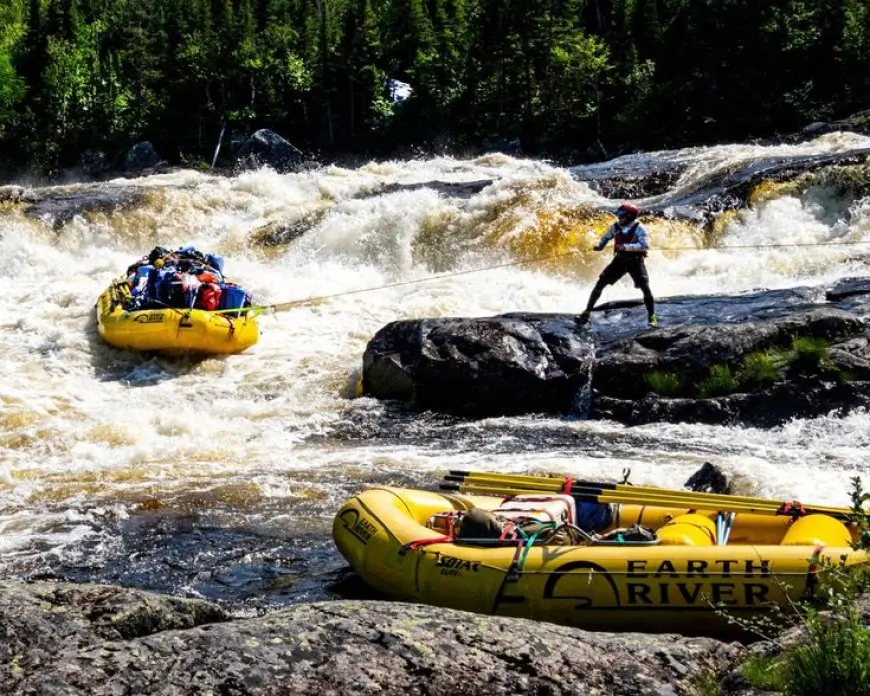How to Travel with Minimal Impact on Nature
How to Travel with Minimal Impact on Nature

Traveling responsibly and minimizing your environmental footprint is essential to preserving the natural beauty of our planet. Here are practical tips for traveling with minimal impact on nature:
Choose eco-friendly transportation options. Whenever possible, take trains, buses, or shared rides to reduce your carbon footprint. If flying is necessary, consider direct flights, which are more energy-efficient, and offset your emissions through carbon offset programs.
Stay in eco-conscious accommodations. Look for hotels, hostels, or lodges that have sustainability certifications, use renewable energy, and implement waste reduction practices. Alternatively, choose homestays that support local communities and eco-tourism initiatives.
Respect local wildlife and ecosystems. Avoid disturbing animals, feeding them, or engaging in activities that harm their natural habitats. Stick to marked trails when hiking, and avoid picking plants or disturbing sensitive environments.
Pack light and travel efficiently. A lighter luggage load means less fuel consumption and reduced environmental impact. Bring reusable items like a water bottle, shopping bag, and utensils to reduce single-use plastic waste.
Support local, sustainable businesses. Seek out restaurants, markets, and tour operators that prioritize locally sourced ingredients, fair wages, and environmental conservation. This helps stimulate the local economy and supports sustainable practices.
Minimize waste by following the "leave no trace" principle. Dispose of trash properly, recycle when possible, and avoid leaving waste behind in nature. Bring reusable containers and avoid single-use plastic wherever possible.
Conserve water and energy. Be mindful of water usage when traveling, especially in regions where water is scarce. Turn off lights, heating, or air conditioning when not in use, and be conscious of your energy consumption.
Offset your carbon footprint. Contribute to projects focused on reforestation or renewable energy that help balance out the environmental impact of your travel.
Be mindful of the seasons and local conservation efforts. Travel during off-peak seasons to minimize the strain on natural resources and wildlife, and follow any guidelines or restrictions set by local conservation groups.
Educate yourself about the local environment and culture. Understanding local ecosystems, wildlife, and conservation issues helps you make informed decisions and engage in responsible travel.
By making thoughtful choices, you can enjoy the beauty of nature while minimizing your environmental impact and contributing to the preservation of the places you love to visit.







